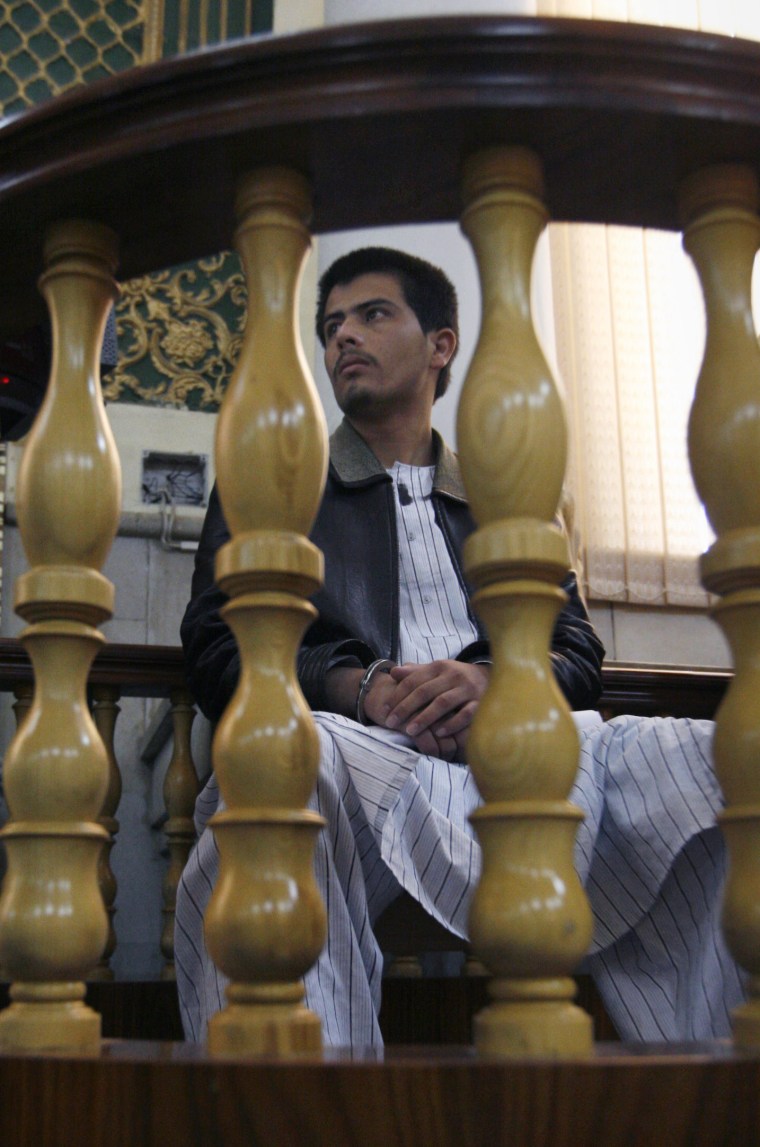The BBC published an interview today with imprisoned Afghan journalism student Parwez Kambakhsh in Kabul’s main prison. The interview was also broadcast on the BBC’s “Today” program.
Kambakhsh told BBC journalist Alastair Leithead: “The whole trial was unfair from the beginning.”
Security officials detained Kambakhsh in October 2007 on blasphemy charges and a closed court sentenced him to death in January on the recommendation of clerics in the northern city of Mazar-i-Sharif where he lived. The court said he had downloaded and distributed anti-Islamic literature from the Internet, which he denies. His supporters were hopeful when his case made it to a Kabul appeal court in May. But the trial appears to have stalled.
“According to Afghanistan’s legal system, now they are out of time,” his older brother Yaqub Ibrahimi told CPJ two weeks ago. “So we can say that they are delaying the trial illegally,” he wrote in an e-mail.
Kambakhsh’s lawyer, Afzal Nooristani, told the Independent newspaper in August that the court seemed biased against his client. “Even in Kabul the judge played the role of the prosecution. Now the court has to set a date for the trial but we haven’t received anything for months,” he said, according to the August 1 article. Nooristani has been threatened since he accepted the case.
Kambakhsh told his appeal court in May that he believed some of his classmates at Balkh University hatched a plot against him, according to news reports. Some observers of this case have speculated that the authorities went after him to teach his brother a lesson.
Ibrahimi is an outspoken journalist for the Institute of War and Peace Reporting. He was frequently harassed by security officials and anonymous phone calls before Kambakhsh’s arrest, he said. “[Ibrahimi] has written a series of reports exposing abuses committed by former militia commanders, or warlords, in the north of Afghanistan–a subject which has largely gone unreported in other media,” according to a report by the institute.
You can read Ibrahimi’s own account of how security officials searched his rooms and confiscated his reporter’s notebooks the day after Kambakhsh’s arrest on the IWPR Web site.
